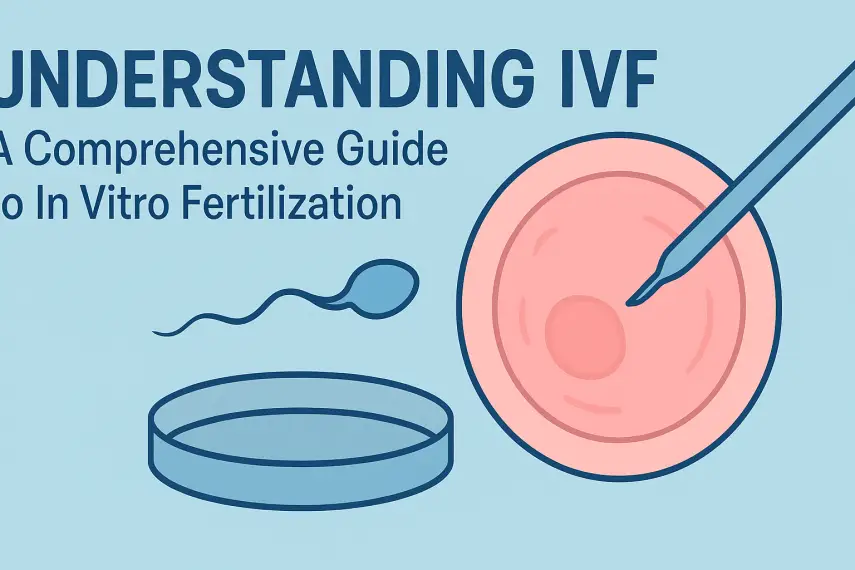
Comprehensive Guide to Women, Mother & Child Health: Key Insights for Lifelong Wellness
📑 Contents
Comprehensive Guide to Women, Mother & Child Health: Key Insights for Lifelong Wellness
Women, mother, and child health forms the cornerstone of thriving families and communities. With evolving medical research and greater awareness, understanding the unique healthcare needs at each stage—womanhood, pregnancy, childbirth, and childhood—has never been more crucial. This guide offers a practical, up-to-date overview of essential health considerations, preventive strategies, and actionable tips to foster wellness for women and children alike.
Understanding Women’s Health: A Lifelong Journey

Women’s health encompasses a broad spectrum—from adolescence to post-menopause. Each life stage presents specific health challenges and opportunities for prevention. Key areas include reproductive health, hormonal changes, bone density, heart health, cancer screenings, and mental wellness.
Common Health Concerns Across Ages
- Adolescence: Menstrual health, HPV vaccination, mental health awareness
- Reproductive Years: Family planning, fertility, sexual health, breast and cervical cancer screening
- Menopause and Beyond: Osteoporosis prevention, cardiovascular health, hormone therapy, cancer screenings
Preventive Health Screenings for Women
| Screening Test | Recommended Age | Frequency |
|---|---|---|
| Pap Smear | 21–65 | Every 3 years |
| Mammogram | 40–74 | Every 1–2 years |
| Bone Density Test | 65+ | Every 2 years (or as recommended) |
| Blood Pressure | All Adults | At least every 2 years |
| Cholesterol | 20+ | Every 4–6 years |
Maternal Health: Ensuring a Healthy Pregnancy and Beyond

Maternal health is vital for the well-being of both mother and child. Access to quality prenatal and postnatal care greatly influences pregnancy outcomes, reduces complications, and fosters early childhood development.
Key Aspects of Maternal Health
- Prenatal Care: Regular check-ups, ultrasounds, blood tests, and monitoring for gestational diabetes or hypertension
- Nutrition: Balanced intake of folic acid, iron, calcium, and essential vitamins
- Mental Health: Screening for perinatal depression and anxiety
- Birth Planning: Understanding labor options, pain management, and postnatal support
Common Pregnancy Complications
Early detection and management can prevent adverse outcomes. Watch for:
- Preeclampsia (high blood pressure, protein in urine)
- Gestational diabetes
- Preterm labor
- Infections (UTIs, listeriosis)
- Anemia
Child Health: Foundations for a Bright Future

Children’s health lays the groundwork for lifelong wellbeing. Proper nutrition, timely vaccinations, regular check-ups, and parental guidance ensure optimal physical, mental, and emotional development.
Key Components of Child Health
- Immunization: Following the recommended vaccination schedule to protect against preventable diseases
- Nutrition: Breastfeeding, transitioning to solid foods, monitoring for allergies, and promoting healthy eating habits
- Growth and Development: Tracking milestones in motor skills, speech, and socialization
- Preventive Care: Dental check-ups, vision screening, and regular pediatric visits
Common Childhood Illnesses and Their Management
- Respiratory infections (colds, flu, RSV)
- Gastrointestinal issues (diarrhea, constipation)
- Skin conditions (eczema, rashes)
- Ear infections
- Childhood obesity and its prevention
Mental Health for Women and Children
Mental wellness is just as important as physical health. Women and children may face unique psychological challenges at different life stages, often influenced by hormonal changes, life transitions, or social pressures.
Supporting Women’s Mental Health
- Routine screening for depression and anxiety, especially during pregnancy and postpartum
- Access to counseling, therapy, or support groups
- Encouraging open conversations about mental health
Promoting Children’s Emotional Wellbeing
- Consistent routines and secure attachments
- Identifying early signs of behavioral or developmental concerns
- Fostering positive relationships with peers and caregivers
- Limiting screen time and encouraging physical activity
Nutrition and Healthy Lifestyle Choices
Balanced nutrition and active living are crucial for women, mothers, and children. Dietary needs shift throughout life and during pregnancy or breastfeeding. Making informed choices supports growth, immunity, and overall health.
Essential Nutrients for Women and Children
- Women: Iron, calcium, vitamin D, folic acid, omega-3 fatty acids
- Pregnant Women: Increased folic acid, iron, protein, hydration
- Children: Protein, calcium, vitamin D, iron, fiber, healthy fats
Tips for a Healthy Lifestyle
- Eat a variety of fruits, vegetables, whole grains, and lean proteins
- Engage in regular physical activity (30 minutes/day for adults, 60 minutes/day for children)
- Stay hydrated and limit sugary drinks
- Prioritize sleep and manage stress
Preventive Strategies and Health Education
Education empowers women and families to make informed decisions. Preventive strategies reduce the risk of disease and promote long-term wellness.
Key Preventive Practices
- Routine health screenings and immunizations
- Safe sex education and access to contraception
- Proper hand hygiene and sanitation
- Awareness of family medical history and genetic risks
- Sun safety and injury prevention
Frequently Asked Questions
1. What are the most important prenatal vitamins?
Folic acid, iron, and calcium are the most critical prenatal vitamins. Folic acid prevents neural tube defects, iron supports blood volume and oxygen delivery, and calcium strengthens bones and teeth.
2. How often should children see a pediatrician?
Children should have regular well-child visits: several times in the first year, then annually after age three, or as recommended by their healthcare provider.
3. What are early signs of postpartum depression?
Symptoms include persistent sadness, lack of interest in the baby, fatigue, changes in appetite or sleep, and feelings of hopelessness. Seek help if symptoms last more than two weeks.
4. How can parents encourage healthy eating in children?
Offer a variety of healthy foods, set a good example, avoid using food as a reward, and involve children in meal planning and preparation.
5. When should women start mammogram screenings?
Most guidelines recommend starting mammograms at age 40 and repeating every 1–2 years, but individual recommendations may vary. Consult your healthcare provider.
Summary
Prioritizing the health of women, mothers, and children is essential for strong families and vibrant communities. Through regular screenings, proper nutrition, mental health support, and preventive care, women and children can achieve their fullest potential. Stay informed, seek regular medical advice, and embrace healthy lifestyle choices to ensure wellness at every stage of life.











